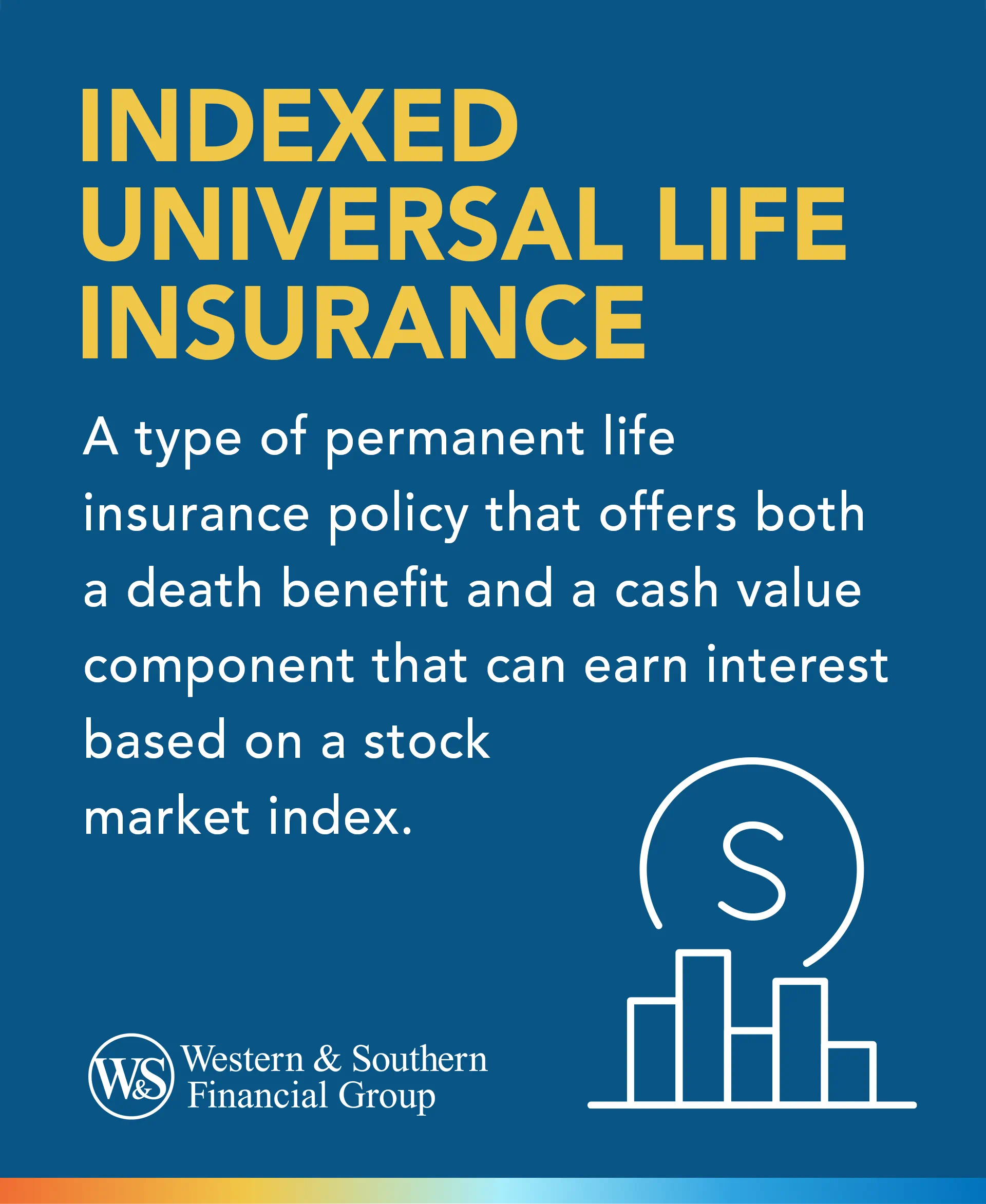All Categories
Featured
Table of Contents
Do they contrast the IUL to something like the Vanguard Overall Stock Market Fund Admiral Shares with no load, an expense proportion (ER) of 5 basis factors, a turnover proportion of 4.3%, and an exceptional tax-efficient record of circulations? No, they contrast it to some terrible actively handled fund with an 8% load, a 2% EMERGENCY ROOM, an 80% turnover ratio, and a terrible record of short-term funding gain distributions.
Mutual funds commonly make yearly taxable circulations to fund owners, even when the value of their fund has actually decreased in worth. Mutual funds not just require income coverage (and the resulting yearly taxation) when the shared fund is going up in value, but can additionally impose income tax obligations in a year when the fund has gone down in worth.
That's not just how shared funds work. You can tax-manage the fund, harvesting losses and gains in order to minimize taxable circulations to the capitalists, but that isn't in some way going to change the reported return of the fund. Only Bernie Madoff types can do that. IULs stay clear of myriad tax obligation catches. The ownership of shared funds may need the mutual fund proprietor to pay approximated tax obligations.

IULs are simple to place to ensure that, at the owner's fatality, the beneficiary is exempt to either revenue or estate tax obligations. The very same tax obligation decrease techniques do not function nearly as well with mutual funds. There are many, typically costly, tax obligation traps associated with the timed acquiring and selling of mutual fund shares, catches that do not use to indexed life Insurance.
Possibilities aren't very high that you're mosting likely to undergo the AMT because of your shared fund circulations if you aren't without them. The remainder of this one is half-truths at finest. While it is real that there is no income tax obligation due to your successors when they inherit the profits of your IUL plan, it is likewise real that there is no income tax due to your heirs when they inherit a mutual fund in a taxable account from you.
Universal Life Insurance Providers
There are better ways to prevent estate tax concerns than purchasing investments with reduced returns. Shared funds might create income tax of Social Security advantages.

The growth within the IUL is tax-deferred and might be taken as free of tax income by means of car loans. The policy owner (vs. the common fund manager) is in control of his or her reportable income, hence enabling them to decrease or perhaps remove the taxes of their Social Safety and security benefits. This set is excellent.
Below's another marginal concern. It holds true if you purchase a shared fund for claim $10 per share prior to the circulation date, and it disperses a $0.50 distribution, you are then going to owe tax obligations (possibly 7-10 cents per share) in spite of the fact that you haven't yet had any gains.
In the end, it's really concerning the after-tax return, not how much you pay in tax obligations. You're additionally possibly going to have more money after paying those taxes. The record-keeping requirements for owning mutual funds are considerably more intricate.
With an IUL, one's records are maintained by the insurer, duplicates of annual declarations are sent by mail to the owner, and circulations (if any type of) are completed and reported at year end. This is also sort of silly. Certainly you ought to maintain your tax obligation records in instance of an audit.
Iul Vs 401k Calculator
Rarely a reason to purchase life insurance coverage. Common funds are commonly component of a decedent's probated estate.
On top of that, they are subject to the delays and expenditures of probate. The earnings of the IUL policy, on the other hand, is constantly a non-probate circulation that passes beyond probate directly to one's named beneficiaries, and is consequently not subject to one's posthumous lenders, unwanted public disclosure, or comparable delays and expenses.
Medicaid disqualification and lifetime income. An IUL can supply their owners with a stream of revenue for their entire lifetime, regardless of just how long they live.

This is advantageous when arranging one's events, and converting assets to earnings before a retirement home arrest. Mutual funds can not be converted in a similar fashion, and are often considered countable Medicaid assets. This is one more dumb one promoting that inadequate people (you recognize, the ones who require Medicaid, a government program for the bad, to spend for their nursing home) must make use of IUL as opposed to mutual funds.
Iul Life Insurance Canada
And life insurance looks horrible when compared rather versus a pension. Second, people who have cash to purchase IUL above and beyond their pension are going to have to be horrible at managing money in order to ever get approved for Medicaid to pay for their retirement home expenses.
Chronic and incurable disease motorcyclist. All policies will allow a proprietor's very easy access to cash money from their policy, usually waiving any kind of abandonment charges when such individuals experience a significant disease, need at-home care, or come to be confined to a nursing home. Mutual funds do not offer a similar waiver when contingent deferred sales charges still relate to a mutual fund account whose proprietor requires to offer some shares to fund the expenses of such a stay.
Universal Life Quotes
You obtain to pay more for that benefit (cyclist) with an insurance coverage policy. Indexed universal life insurance coverage offers fatality advantages to the beneficiaries of the IUL owners, and neither the proprietor neither the recipient can ever before lose cash due to a down market.
Currently, ask on your own, do you in fact require or desire a survivor benefit? I absolutely do not require one after I reach monetary freedom. Do I desire one? I intend if it were cheap enough. Of course, it isn't affordable. Typically, a buyer of life insurance policy pays for real cost of the life insurance advantage, plus the expenses of the plan, plus the profits of the insurance business.
Life Insurance Tax Free Growth
I'm not entirely sure why Mr. Morais tossed in the entire "you can not shed cash" once again below as it was covered fairly well in # 1. He just wished to duplicate the most effective selling point for these things I suppose. Once more, you do not lose nominal dollars, but you can lose actual dollars, along with face significant chance cost because of low returns.

An indexed universal life insurance plan proprietor may trade their policy for a completely different policy without causing income tax obligations. A common fund proprietor can not relocate funds from one shared fund firm to an additional without selling his shares at the previous (thus activating a taxable event), and redeeming brand-new shares at the last, commonly subject to sales costs at both.
While it holds true that you can exchange one insurance plan for one more, the reason that people do this is that the initial one is such a horrible policy that also after acquiring a brand-new one and experiencing the early, negative return years, you'll still appear in advance. If they were sold the right policy the first time, they should not have any type of desire to ever trade it and go via the very early, negative return years once again.
Latest Posts
Iul Illustration Example
Universal Life Rates
Nationwide Yourlife Indexed Ul Accumulator